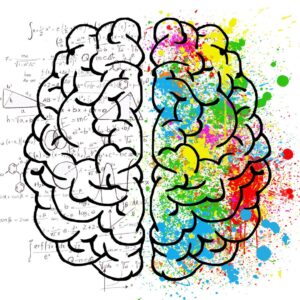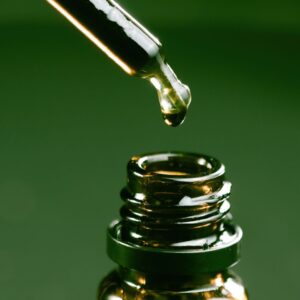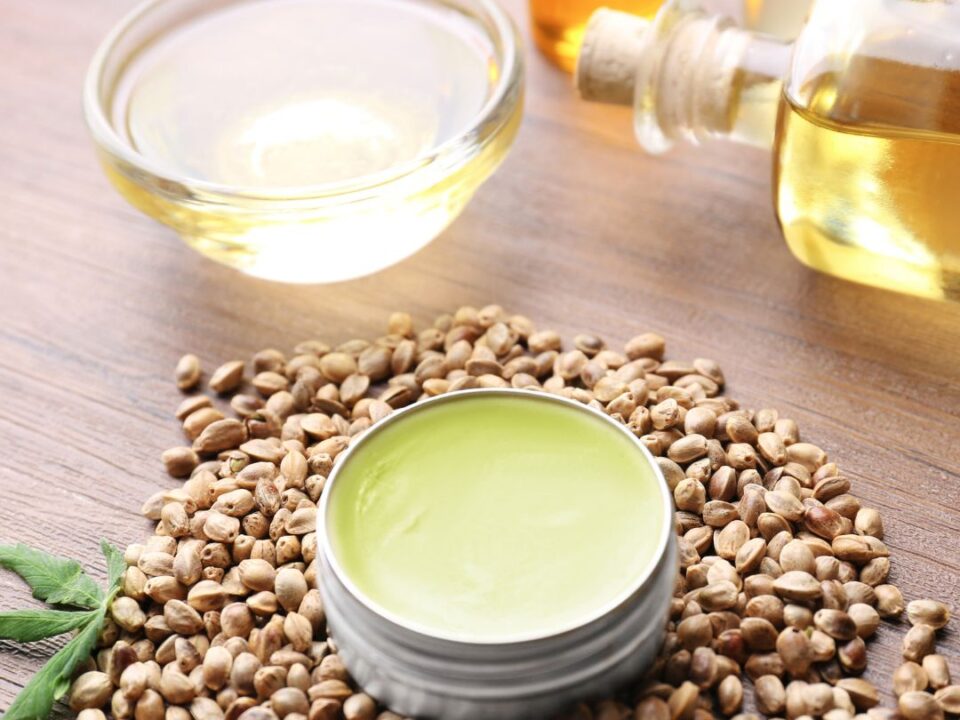Scientists and researchers are just now starting to publish papers on how CBD affects the brain. As more scientific research becomes available, we find that CBD may help significantly improve the brain’s health. This is because of its capability to shield brain cells from the damaging effects of stroke, traumatic brain injuries (TBIs), and other neurodegenerative diseases such as Alzheimer’s and Parkinson’s disease. Let’s learn about the effects of CBD on the brain, the neurological disorders it could help minimize, and the best ways to utilize this great all-natural product.
How does CBD Work in the Brain?
The endocannabinoid system or (ECS) in short, is the pathway to many receptors found in the body. Homeostasis, or equilibrium, is also influenced by your ECS. Infertility, controlling hunger, pain reception and perception, mood, and memory formation are all regulated by the ECS.
Health issues can arise when the ECS is hampered. Injuries and illnesses that are part of an inflammatory event, even such things as a common cold, can disturb the ECS. These things can have both short and long-term effects on how the ECS functions. Just as the brain changes during a person’s lifetime, age also affects how the ECS functions. Therefore, maintaining the ECS may aid in overcoming or, in theory, even avoiding ailments that afflict the human brain as it grows older.
The ECS is a crucial regulator of sociability, emotions, and cognition, and there are a number of neurological and mental diseases that are associated with the disruption of the ECS. While some of these disorders are inherited and can appear at any age, others become more likely as we get older. Some of them are autoimmune diseases.
 5 Ways CBD Can Affect Your Brain
5 Ways CBD Can Affect Your Brain
Cannabis plants produce the non-psychoactive chemical cannabidiol (CBD). CBD is the second most common compound in the majority of the cannabis plant. The number one compound generated by the majority of cannabis plants is THC. Despite the fact that THC is frequently associated with marijuana, CBD is gaining popularity because of its various health advantages. CBD has a different chemical makeup than THC and does not cause a high feeling, unlike THC.
- CBD aids in the Relief of Anxious thoughts
Most individuals are aware of hemp’s potential to help reduce anxious thoughts. While THC might make some individuals feel calmer and more relaxed, it can also make some people feel more anxious.
Scientists and other experts are now looking into CBD as a possible treatment for anxious thoughts and other mood-related ailments. Mood-regulating properties of CBD may also be present. Furthermore, it has been discovered that CBD affects a serotonin receptor that affects the release of happy endorphins. Both patients and clinicians now have more options thanks to these investigations. CBD is a great candidate for these ailments because it starts working right away with few negative effects.
- CBD can help protect the brain
Although many people have the opinion that marijuana can actually hurt the brain, research shows that some cannabis constituents, including CBD derived from hemp, can potentially save and protect many brain cells from damage. In fact, the neuroprotective properties of cannabinoids were patented in 1999 by the US Department of Health and Human Services. According to the patent, cannabis and its chemical attributes can shield brain cells from damage in people with neurodegenerative disorders like Alzheimer’s, Parkinson’s, and other forms of dementia.
The way CBD interacts with the brain’s CB2 receptors is what gives it its neuroprotective properties. CBD causes immune cells in the brain to respond in an anti-inflammatory manner by acting on CB2 receptors. This means inflammation’s ability to harm the brain is lessened as a result.
- CBD Activates the Endocannabinoid System
CB1 receptors, which are primarily found in the brain, and CB2 receptors, which are primarily found in the cells of the immune system, make up the endocannabinoid system. When a form of CBD is taken, the CBD stimulates the endocannabinoid system to work properly. CBD binds to CB1 receptors in the brain and provides effects including aid in reducing inflammation, elevating mood, and increasing appetite.
CBD does not stimulate CB1 receptors in the same manner as THC does. Because of this, CBD has no psychotropic side effects. Instead, CBD’s interaction with CB1 receptors prevents substances like THC from attaching to these receptors. Many of the euphoric side effects of THC, including anxiety and memory issues, are reduced by CBD.
CBD can raise the brain’s anandamide levels. One of the few naturally occurring cannabinoids produced by the body is anandamide. Dopamine and serotonin, two other brain chemicals, are regulated in part by anandamide.
- CBD can Relieve Inflammation and Pain
Cannabis has been used for thousands of years to help treat pain. While it is commonly known that THC has the potential to reduce pain, research also shows that CBD for the brain can be a great asset. CBD works on CB2 receptors, which are primarily found on immune cells, to help reduce pain. Some cellular regrowth processes are controlled by the CB2 receptors.
Suppressing the inflammatory response induced by immune cells is one of the biological processes CB2 receptors control. CBD reduces the levels of inflammatory chemicals at inflammatory sites. This helps by reducing peripheral inflammation, CBD helps prevent pain signals from reaching the brain.
 Different types CBD For the Brain
Different types CBD For the Brain
There are different ways of using cannabidiol (CBD). You can either use tinctures, capsules, and even gummies!
Oils and Tinctures
CBD in this form helps your body absorb a lot faster since we use a few drops under our tongue. We absorb it fast since the oral mucosa (mucous membrane lining inside of the mouth) has tiny capillaries that absorb compounds at a faster rate.
What is the difference between oils and tinctures? Simply put, CBD oil is CBD diffused into a carrier oil (like coconut-based oil or hemp seed oil) for better human consumption.
CBD tinctures are similar to CBD oil in that you can take it orally. The difference comes in taste and way of using it. Some tinctures have minty flavors to help you take it without the displeasing taste it usually has. You can also place a few drops of it into your drink or food for an even better experience.
Softgels
CBD softgels are already being used as an aid in treatment for certain seizure disorders. As CBD softgels can also be used for the aid in pain relief. Since the body takes longer to absorb the CBD contained inside, this method is not as fast-acting as the other oral methods.
Gummies
This is a way of taking CBD, and it is as effective as the other oral-based CBD’s. Usually, CBD gummies state the amount of CBD per gummy, which makes it perfect for when you are on the go. They also can be discreetly taken at any moment.
“These statements have not been evaluated by the Food and Drug Administration. This product is not intended to diagnose, treat, cure, or prevent any disease.”





